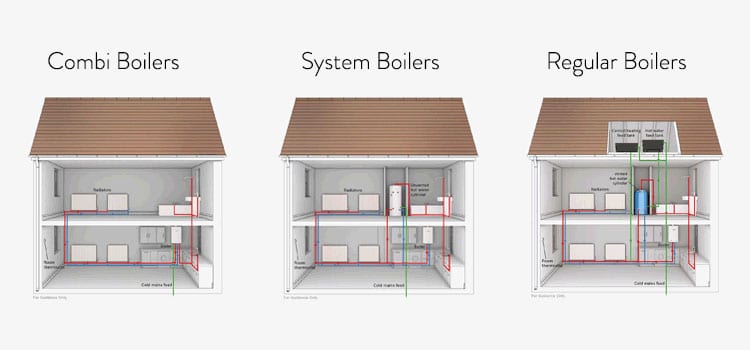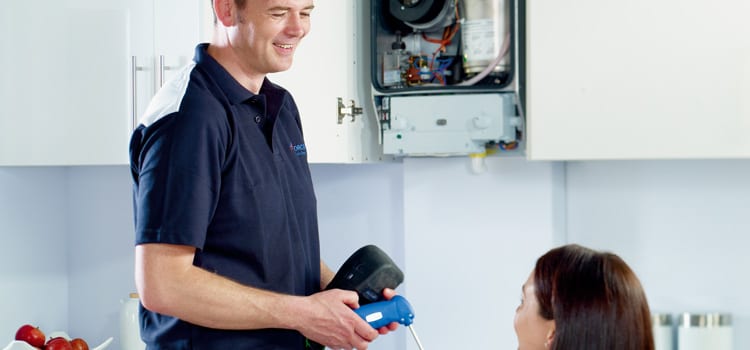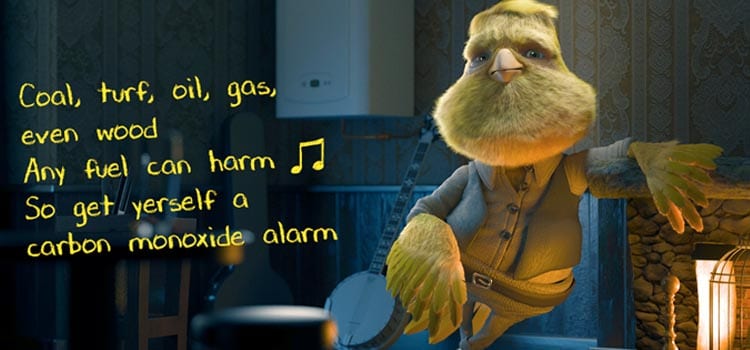Different Types of Gas Boilers for your Central Heating System

Types of Gas Boilers If you have the unfortunate problem of a boiler breakdown in winter and you have to replace your gas boiler or you are simply looking to upgrade your gas boiler then there are a few things you need to consider when choosing what type of boiler to install in your home. […]
Why your boiler makes banging noise when firing up.

Boiler Makes Banging Noise You arrive home and you put on the heating after a long day at the office. You have been thinking about that book you put down on an exciting chapter last night. You try to cosy up on the couch with a cup of tea. You should be at peace but […]
How Often Should a Gas Boiler be Serviced

Gas Boiler Maintenance To ensure a long life for your gas boiler and natural gas appliances, it is important to have them serviced regularly. Appliance manufacturers recommend that all appliances should be serviced annually. An annual boiler safety checks and gas boiler service are carried out by a professional RGI service engineer ensures that your […]
Where is the best place to put a carbon monoxide detector?

What is Carbon Monoxide (CO) ? Carbon Monoxide (also known as CO) is a colourless, odourless poisonous gas and is a common yet preventable cause of death from poisoning worldwide. Approximately half of the deaths from unintentional CO poisoning result from the inhalation of smoke from fires. Other significant causes are vehicle exhausts and deaths […]